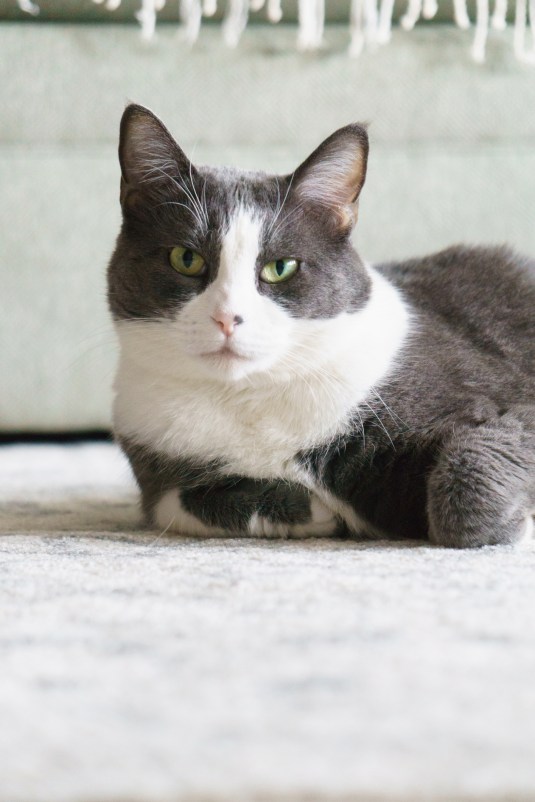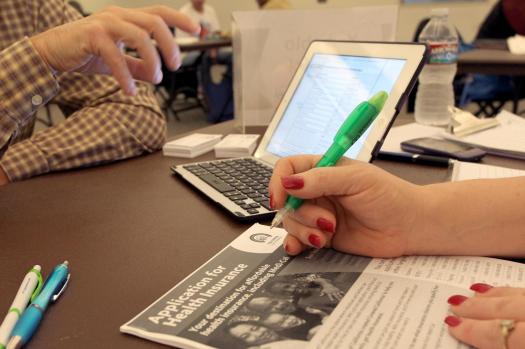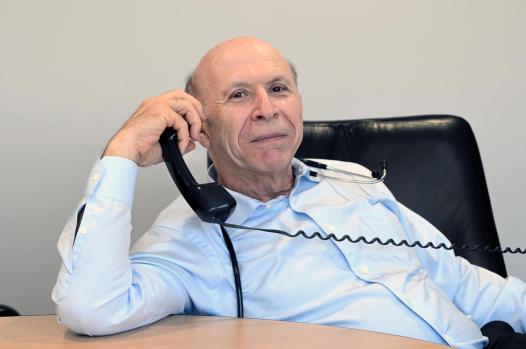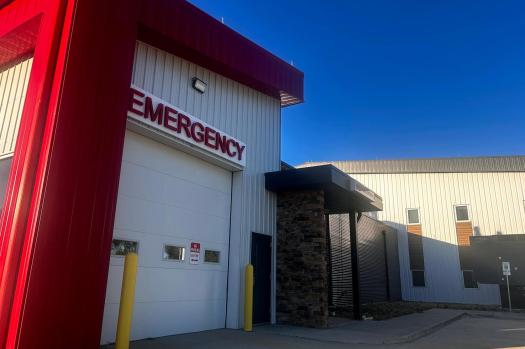Dear Dr. John,
My cat is now 19, and two years ago she was diagnosed by my vet as having hyperthyroidism. I opted to give her medication by transdermal means instead of orally. We have her blood tested every six months to make sure that everything is at stable levels and that all other parameters are normal. Does that seem right? I ask because she always gets stressed out by having her blood drawn. She has also had a low-grade heart murmur going back even longer than her thyroid condition. Most recently, my vet diagnosed a more serious cardiac condition. Apparently, her heart is now racing and has a pronounced irregularity to it. The vet suggested a thorough cardiology assessment, but I don’t want to stress her out anymore. I figure at her age that she has limited time as it is. S.A.
Dear S.A.,
It sounds as if your veterinarian has been giving you sound advice on these health matters. Older animals do benefit from having bloodwork done every six months instead of annually to ensure that medication is achieving the desired results and that no negative side effects are developing, especially when looking at kidney and liver function.
I respect your concern in not wanting to stress her too much, especially at her advanced age, but a proper cardiac evaluation might provide a clear-cut diagnosis and allow for the proper prescriptions to be made to improve her health and length of her life. Having a tachycardic and arrhythmic heart in an elderly cat is not a good thing and may lead to an emergency very quickly, if not already almost present. You might consider speaking with your veterinarian soon about giving your cat some medications to reduce her anxiety and make her easier to work, thereby making her happier as well. A drug called Gabapentin might work well in this scenario.
That way she can have the cardiac evaluation which might involve radiographs, electrocardiogram, blood pressure, and ultrasound/echocardiogram which she needs and perhaps her heart irregularities can be controlled. Good luck!
Dr. John de Jong is President of the World Veterinary Association. He owns and operates the Boston Mobile Veterinary Clinic and can be reached at 781-899-9994











